The Normal birth research conference is an annual, international event that takes place to focus on less complicated aspects of pregnancy and birth. This year it took place in the beautiful surroundings of Grange-over-sands overlooking Morecambe bay and on the edge of the Lake District. On this occasion there were delegates from over 20 countries including Canada, USA, New Zealand, Australia, Brazil, Poland, Spain, the Netherlands, Sweden, Norway and India! The attendees included midwives, obstetricians, birth supporters, architects, artists, geographers and educators as well as representatives of the World Health organisation, charities and Baroness Cumberlege from the UK House of Lords.
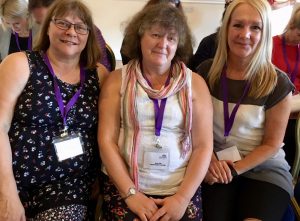
Sara Stride, Jenny Hall, and Jane Fry at the conference
Research at Bournemouth University was well represented from CMMPH, CQR and CEL. Midwifery lecturer, Sara stride, on behalf of the research team of Professor Vanora Hundley and Dr Sue Way, presented a poster of their work, ‘a qualitative study to explore UK midwives’ individual practice, beliefs and attitudes regarding perineal care at the time of birth’. Dr Jane Fry, also from the midwifery team, presented a research topic on her Doctoral work, ‘ A descriptive phenomenological study of independent midwives’ use of intuition as an authoritative form of knowledge during women’s labours and births’. She also facilitated a workshop titled ‘ Finding your own intuition: a workshop designed to explore practitioners’ ways of knowing during childbirth’ .
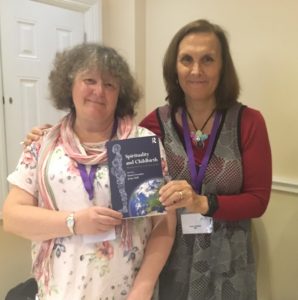
Jenny Hall with Professor Susan Crowther at the book launch [(c) Sheena Byrom]
The impression taken away was the passion and importance of more evidence required around more ‘normal’ aspects of pregnancy and birth, especially in countries with less resources. There is considerable humanising of care being carried out internationally, and is a key focus at the World health organisation. A focus for the UK midwifery is current maternity services transformation, yet much of the global focus is on the importance of transformation in line with the recent Lancet series on maternity, and international collaboration to achieve the goals for Sustainable development. As a force, the team behind normal birth research serve this area powerfully, in informing care for women, babies and families across the global arena. The final rousing talk by Australian professor Hannah Dahlen, to the current backlash to ‘normal birth’ in the media was inspiring and is an editorial in the international journal Women and Birth. Next year the conference is in Michigan, USA!
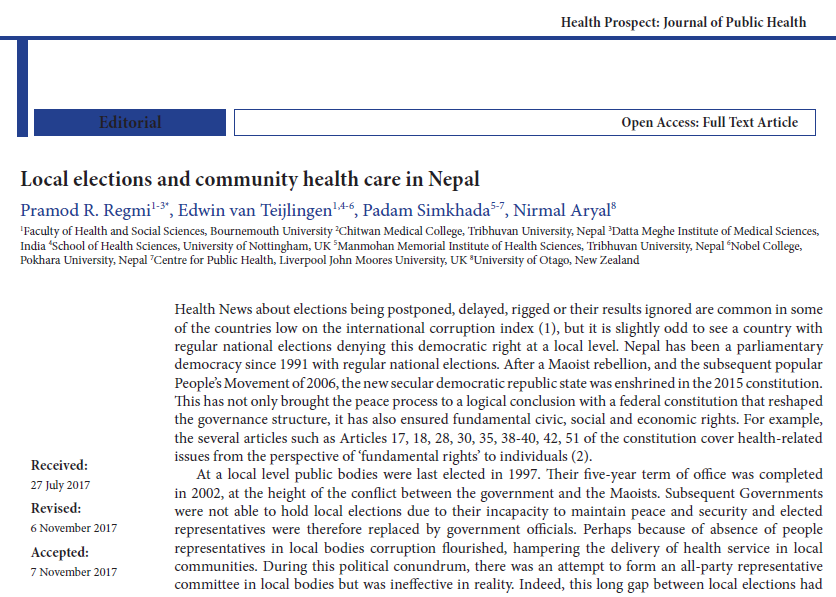 Congratulations to Dr. Pramod Regmi on the publication of his latest article ‘Local elections and community health care in Nepal’.[1] Pramod is our newly appointed Lecturer in International Health, who started this post exactly a month ago. The editorial, co-authored with BU Visiting Faculty Prof. Padam Simkhada (based at Liverpool John Moores University), Nirmal Aryal (based at the University of Otago, New Zealand) and CMMPH’s Prof. Edwin van Teijlingen, highlights the important link between local democracy and health in Nepal.
Congratulations to Dr. Pramod Regmi on the publication of his latest article ‘Local elections and community health care in Nepal’.[1] Pramod is our newly appointed Lecturer in International Health, who started this post exactly a month ago. The editorial, co-authored with BU Visiting Faculty Prof. Padam Simkhada (based at Liverpool John Moores University), Nirmal Aryal (based at the University of Otago, New Zealand) and CMMPH’s Prof. Edwin van Teijlingen, highlights the important link between local democracy and health in Nepal.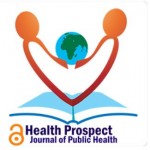
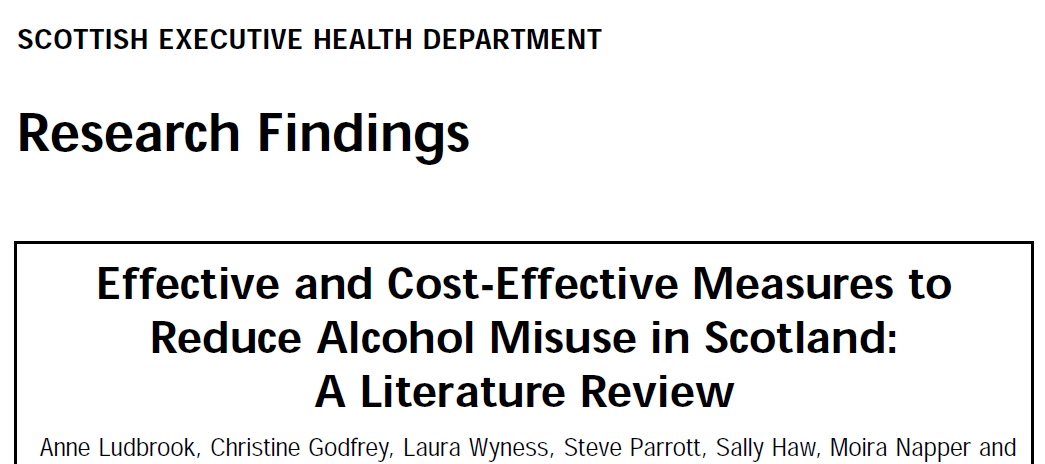
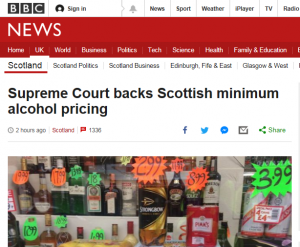
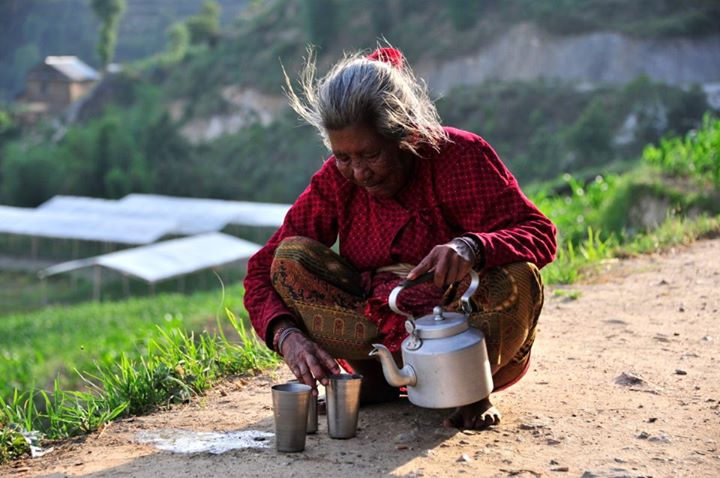
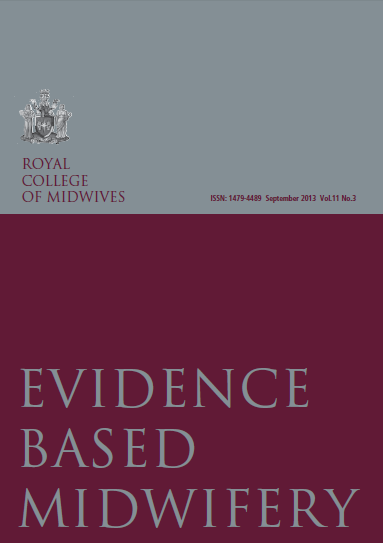






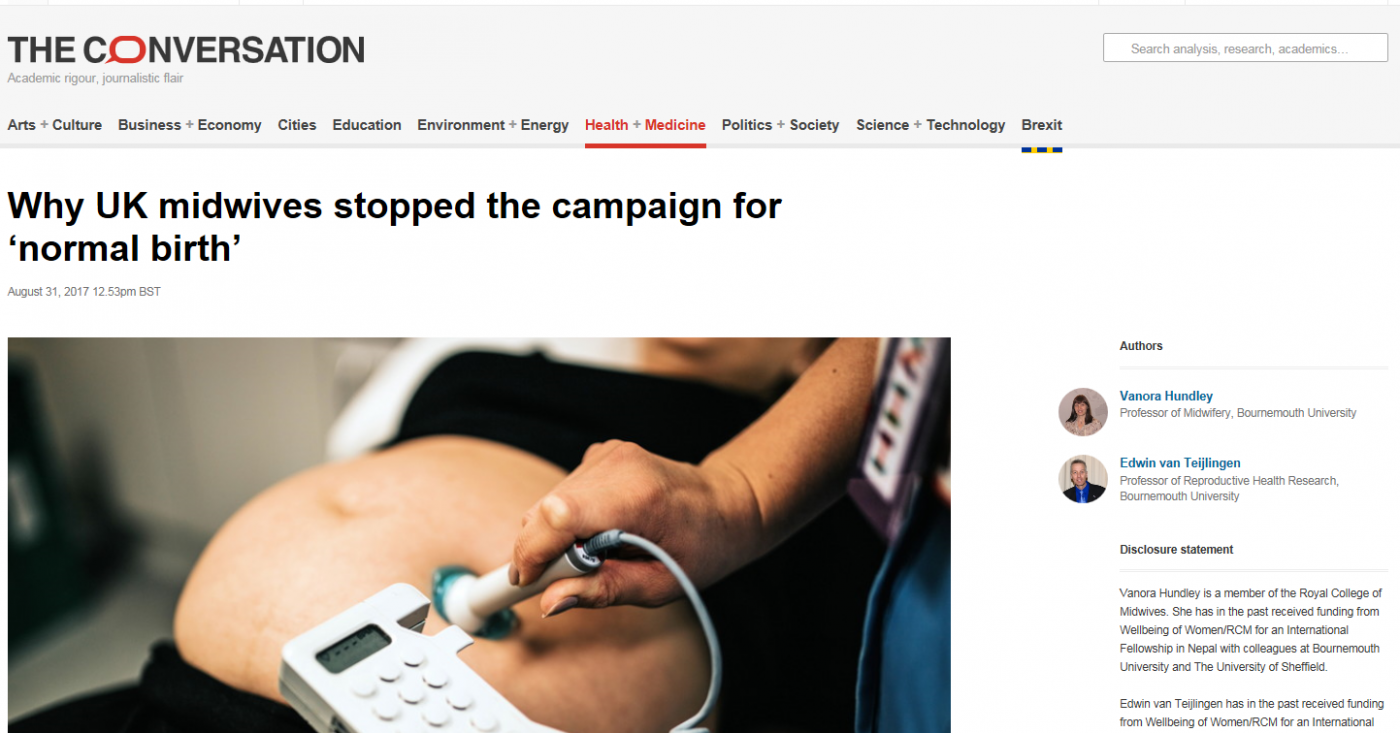
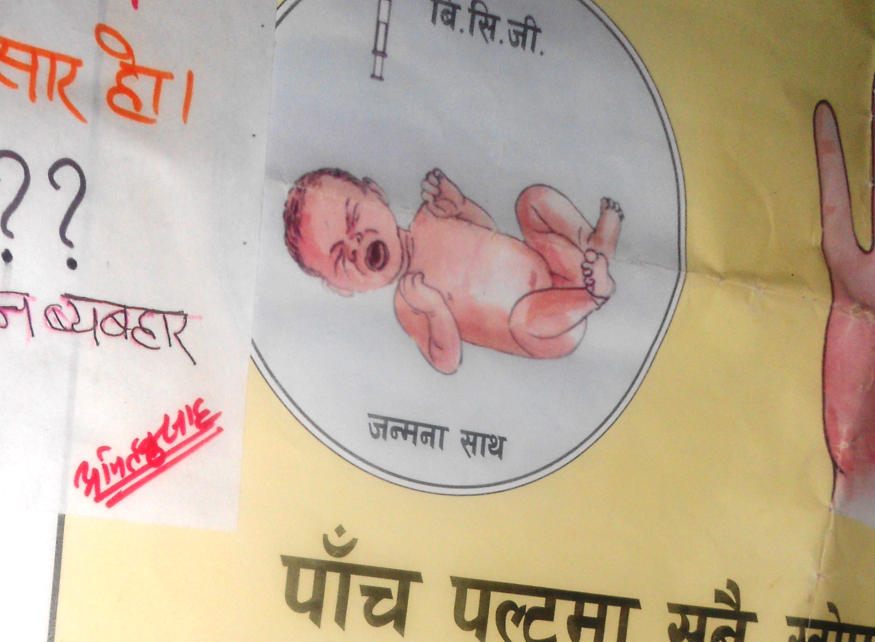


 As part of the Writing Academy, a series of writing days have been organised to help support BU authors work on their
As part of the Writing Academy, a series of writing days have been organised to help support BU authors work on their 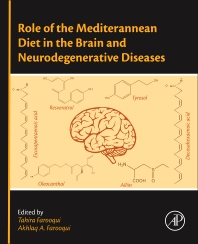
 Scopus have enhanced their article-level metrics through the integration of Plum X Metrics and to support this are hosting a webinar titled ‘How PlumX Metrics on Scopus help tell the story of your research’ on 10th August at 5pm.
Scopus have enhanced their article-level metrics through the integration of Plum X Metrics and to support this are hosting a webinar titled ‘How PlumX Metrics on Scopus help tell the story of your research’ on 10th August at 5pm.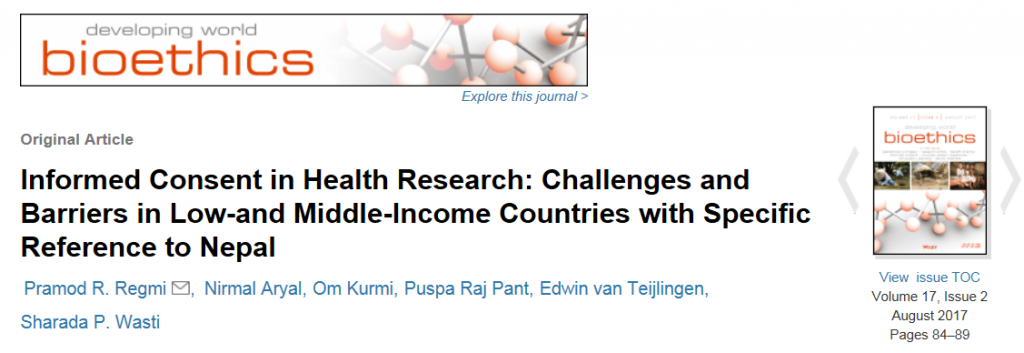

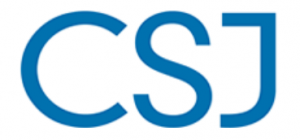
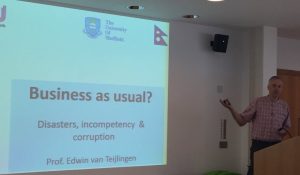
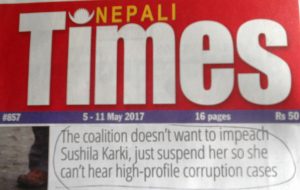












 SPROUT: From Sustainable Research to Sustainable Research Lives
SPROUT: From Sustainable Research to Sustainable Research Lives BRIAN upgrade and new look
BRIAN upgrade and new look Seeing the fruits of your labour in Bangladesh
Seeing the fruits of your labour in Bangladesh Exploring Embodied Research: Body Map Storytelling Workshop & Research Seminar
Exploring Embodied Research: Body Map Storytelling Workshop & Research Seminar Marking a Milestone: The Swash Channel Wreck Book Launch
Marking a Milestone: The Swash Channel Wreck Book Launch ECR Funding Open Call: Research Culture & Community Grant – Application Deadline Friday 12 December
ECR Funding Open Call: Research Culture & Community Grant – Application Deadline Friday 12 December MSCA Postdoctoral Fellowships 2025 Call
MSCA Postdoctoral Fellowships 2025 Call ERC Advanced Grant 2025 Webinar
ERC Advanced Grant 2025 Webinar Update on UKRO services
Update on UKRO services European research project exploring use of ‘virtual twins’ to better manage metabolic associated fatty liver disease
European research project exploring use of ‘virtual twins’ to better manage metabolic associated fatty liver disease